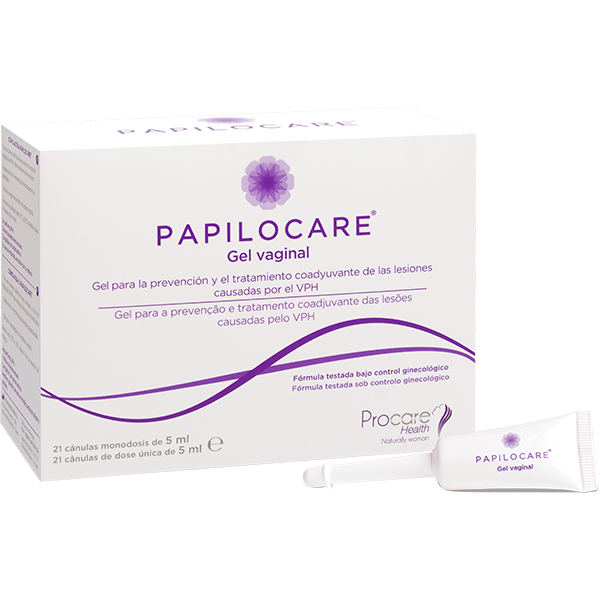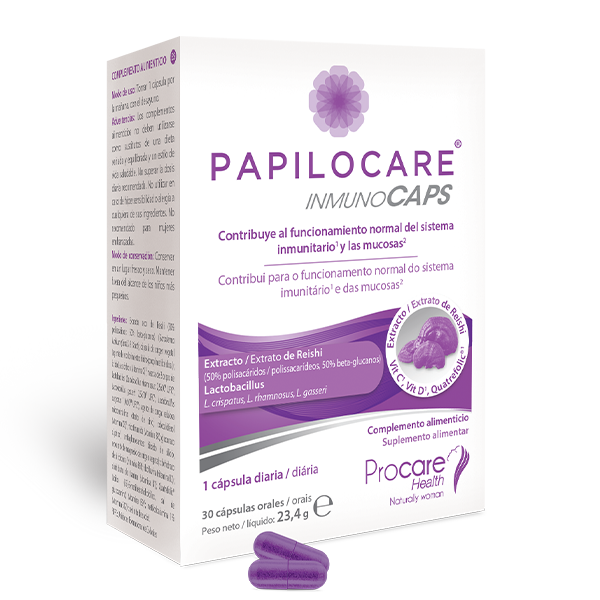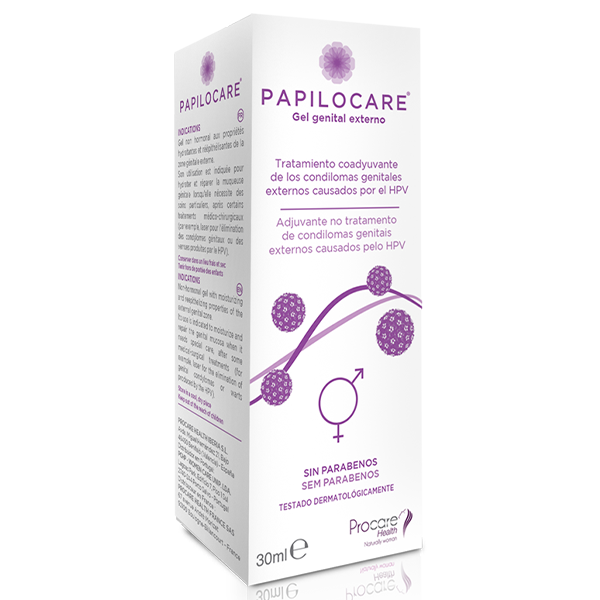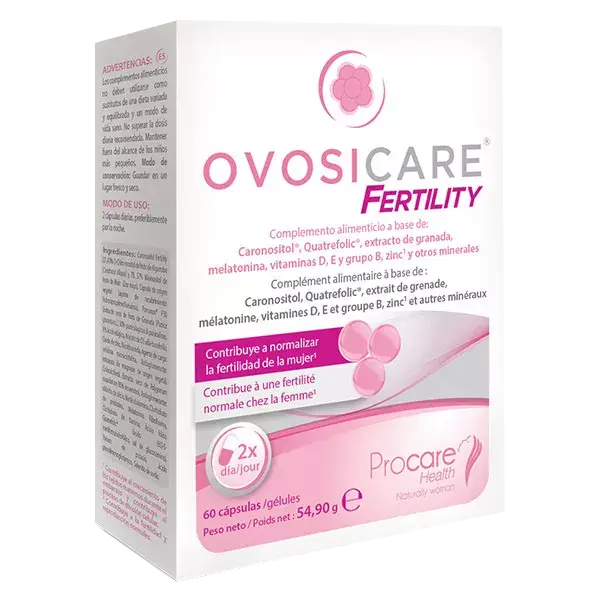
Vaginal Health
My vagina doesn’t feel quite right. What is wrong?
Most of us have vaginal discharge. It happens across ages. Sometimes it is more. Sometimes it is less. It is something that keeps the vagina clean and moist, and protects it from infection.
A healthy vagina harbours many different types of bacteria. This ecosystem is called microbiota. It protects and maintains healthy vagina by preventing invasion and growth of trouble maker bacteria and virus. So, having a healthy bacteria ecosystem in vagina is essential for us.
Maintaining healthy vagina
Generally, it is best to avoid things that might irritate vagina such as scented tampons, pads, douche and scented soaps. Douche or excessive washing of vagina is not helpful as they wash away protective microbiota. Hot tubs and sauna can be harmful. General precautions of safe sex, such as using latex condom and limiting number of partners are applicable here too. If you have to take an antibiotic or have an excessive amount of alcohol, that would stress your microbiota in vagina.
There are products such as cream and gels that you can buy in your pharmacies that support your vagina. These products can be natural ingredient-based or synthetic chemicals.
If you are interested in the products, please skip to the ‘How do I get treated‘ section below.
If your vagina feels dry or painful, you might be suffering vaginal dryness. Please refer to the vaginal dryness section for more details
When to see a doctor
If your vagina doesn’t seem quite right in terms of smell, discharge, or sensation, it could be a sign of infection; i.e., the ecosystem is disturbed by a pathogen.
Here are some tell-tale signs of common infections:
Your discharge is thick white almost like a cottage cheese, sometimes with itching or burning sensation: thrush (a common fungus/yeast infection by Candida)
Your discharge smells fishy: bacterial vaginosis, also known as BV (a common bacteria infection). Bacterial vaginosis is not a sexually transmitted infection (STI) but it can increase your risk of getting an STI such as chlamydia
Your discharge is green, yellow, or frothy: trichomaniasis (a relatively rare bacterial infection by trichoma)
Your discharge comes with pain or bleeding in pelvis or pain when urinating: chlamydia or gonorrhoea (sexually transmitted bacteria infection)
You also have blisters and sores: genital herpes (a virus infection)
You probably don’t need to see your doctor if you previously had a diagnosis of vaginal yeast infection (candidiasis), your signs and symptoms are the same as before, or you are confident that you have vaginal yeast.
Bacterial vaginosis could go away by itself. However, it is difficult to tell which infections you have, so it is best to see your doctor and get tested for possible infections. If you prefer not to go to your GP, sexual clinics offer discrete consultation and tests. You can also purchase home test kits, although their accuracy is still being researched.
In case you think you might have a sexually-transmitted infection (STI), don’t feel stigmatised for having to take tests for it. STIs are much more common than you think. For example, each year 1 in 40 women aged 15-24 is diagnosed with chlamydia in England. Don’t blame yourself or anyone, either. It is difficult to know where you got the bacteria from as the bacteria can stay quiet in you for decades before they cause trouble.
How do I get treated?
Good news is that all the above-mentioned infections can be treated with medicine.
If you have a thrush (candida/ fungal infection), your doctor will give you anti-fungal drug. You can also buy anti-fungal cream in pharmacies. If you have bacterial infections, you should take an antibiotic that is effective for the bacteria that is causing you a trouble. Your doctor needs to give you a prescription for the antibiotic.
Needless to say, it is important to make efforts of keep your vagina healthy during and after the treatment for accelerating recovery and preventing future infections. Most importantly, your microbiota needs to be restored quickly after antibiotic use, which kills good bacteria as well as harmful ones.
Want to know more?
Here are some useful and high-quality sources of information:
NHS England
https://www.nhs.uk/conditions/vaginal-discharge/
Mayo Clinic: one of the most trusted hospitals in the US
https://www.mayoclinic.org/healthy-lifestyle/womens-health/in-depth/vagina/art-20046562
https://www.mayoclinic.org/diseases-conditions/vaginitis/symptoms-causes/syc-20354707
https://www.mayoclinic.org/diseases-conditions/yeast-infection/symptoms-causes/syc-20378999
Cleveland Clinic: one of the most trusted hospitals in the US
https://my.clevelandclinic.org/health/diseases/3963-bacterial-vaginosis
Public health website of the United States Government
https://www.womenshealth.gov/a-z-topics/bacterial-vaginosis
https://www.womenshealth.gov/a-z-topics/vaginal-yeast-infections
There are products such as cream and gels that you can buy in your pharmacies that support your vagina during the time of recovery and for the maintenance of healthy vagina. Palomacare is one of such products. It is made from natural ingredients that helps to repair your vaginal tissue and restore your microbiota balance.
There are many probiotic products that you can apply to your intimate zone. However, experts’ opinion is divided whether such products have sufficient effect.
Finally, it is best to avoid things that might irritate vagina such as scented tampons, pads, douche and scented soaps. Douche or excessive washing of vagina is not helpful as they wash away protective microbiota. Hot tubs and sauna can be harmful. General precautions of safe sex, such as using latex condom and limiting number of partners are applicable here too. If you have to take an antibiotic or have an excessive amount of alcohol, that would stress your microbiota in vagina.
Recommend Products
Palomacare®
Price range: £16.95 through £46.80 (VAT included)
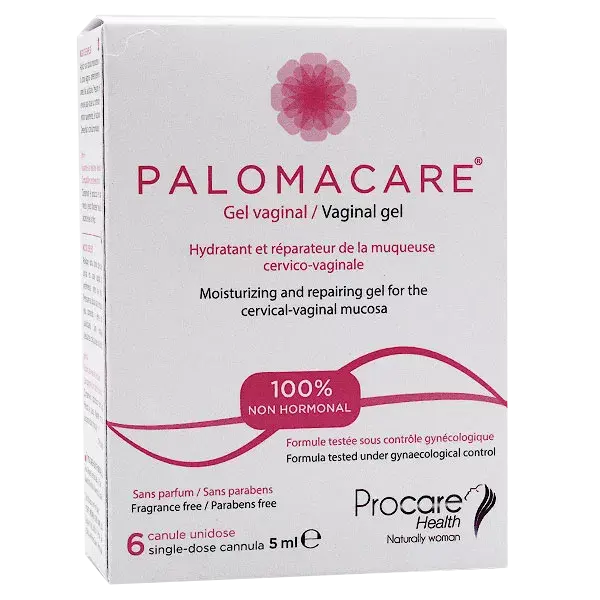 Shop Now
Shop NowIdracare®
- 30ml container & applicator - £11.90
- 90ml container & applicator - £30.51 (£10.17 per 30ml)
- 8 x 5ml single use tubes - £15.02 (£1.88 per tube)
- 24 x 5ml single use tubes - £41.91 (£1.75 per tube)
Price range: £11.90 through £41.91 (VAT included)
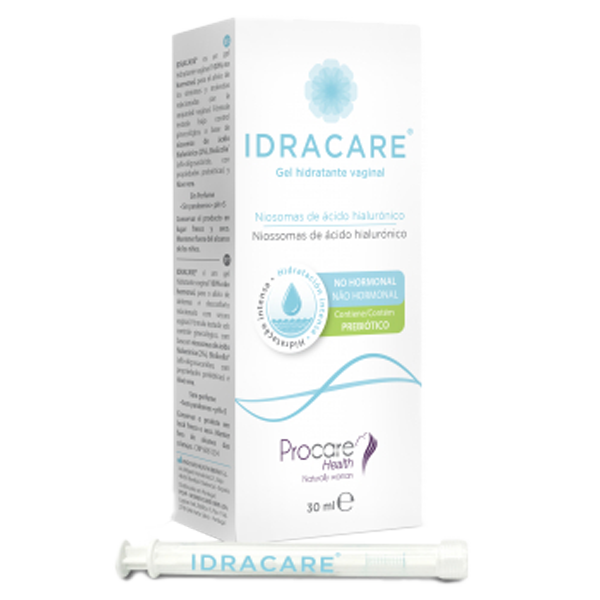 Shop Now
Shop NowSocial
Sign up to receive our newsletter and a welcome discount code:
Disclaimer: Information on this website is provided for informational purposes only and not intended as a substitute for the advice provided by your physician or other healthcare professional. You should not use the information on this website for diagnosing or treating a health problem or disease, or prescribing any medication or other treatment. For medical advice, diagnosis and prescription, please consult a healthcare professional. More Information >
Disclaimer: Information on this website is provided for informational purposes only and not intended as a substitute for the advice provided by your physician or other healthcare professional. You should not use the information on this website for diagnosing or treating a health problem or disease, or prescribing any medication or other treatment. For medical advice, diagnosis and prescription, please consult a healthcare professional.
© LivBio Limited 2024 All Rights Reserved.
